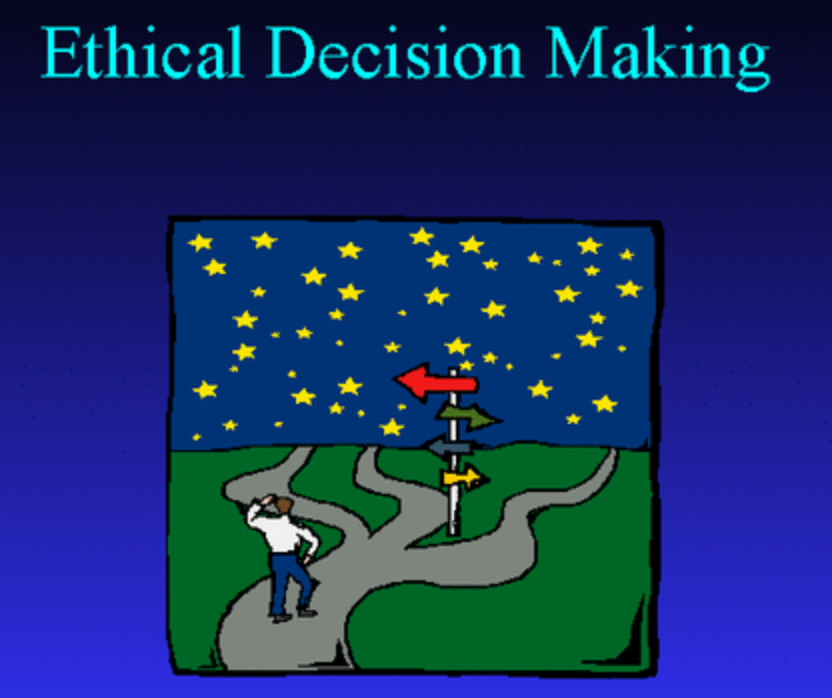In this blog, I have tried to
emphasize the important topics that belong to the subject of individual factors
of the ethical decision making process. In order to provide the reader
consistency, I have followed subtopics of the Chapter 6 of the Business Ethics
Text Book (Ferrel, Fraedrich, Ferrel).
The following subjects were presented to you in the
previous posts.
·
Framework for Understanding Ethical Decision
Making in Business
·
Model of the Ethical Decision Making Process
·
INDIVIDUAL FACTORS: MORAL PHILOSOPHIES AND
VALUES
·
Individual Factors: Moral Philosophy
·
Philosophies Used in Business Decisions
·
Virtues that Support Business Transactions
·
Three types of Justice provide a framework for
evaluating different situations
·
KOHLBERG 's Model of Cognitive Moral Development
·
White-Collar Crime
·
Common Justifications for White-Collar Crime
As a summary, moral philosophies
and individual factors that provide principles and rules to the people were briefly
presented. People mostly decide what is right or wrong with the help of these
factors mentioned above. Religion, moral intensity and person’s affiliations
are considered the major individual factors that affect and influence workers ethical decision-making
process.
References
Ferrell,
O.C., Fraedrich, J. and Ferrell, L. (2013). Business Ethics. Ethical Decision
Making and Cases. 9th Edition.


